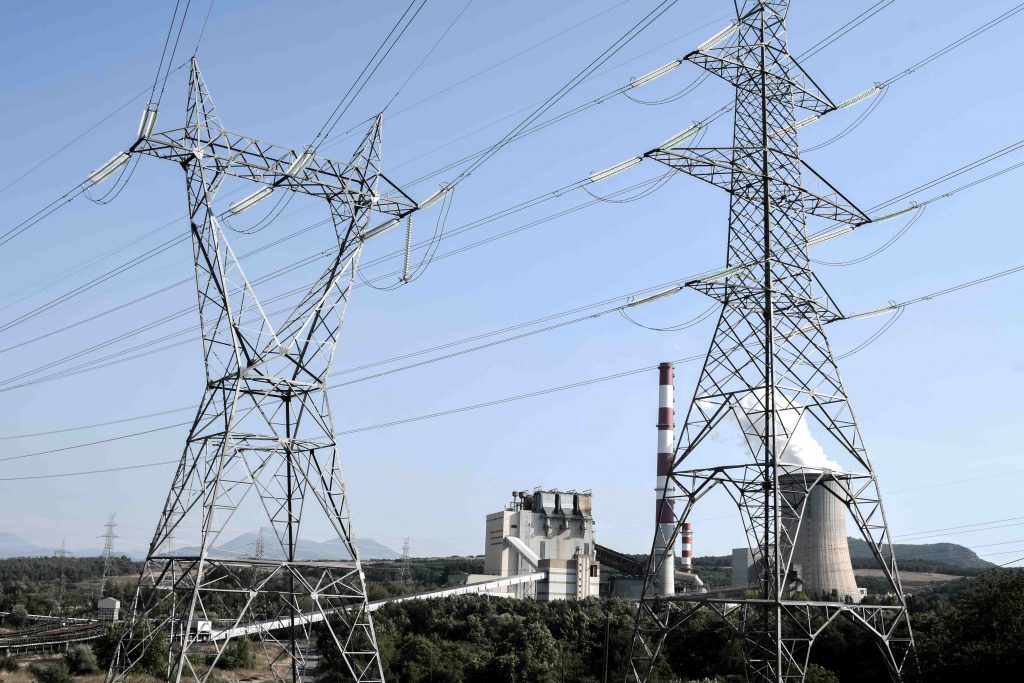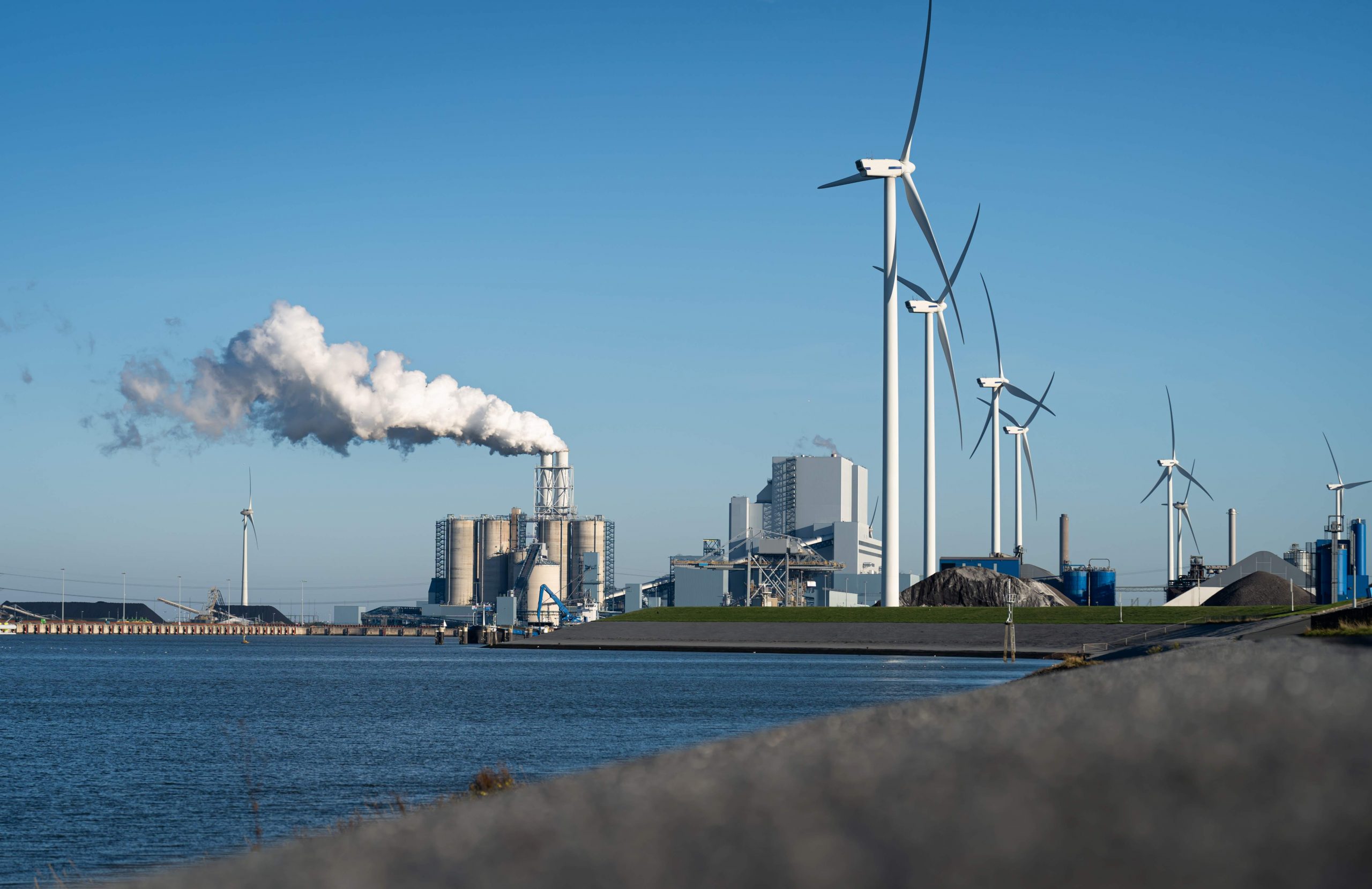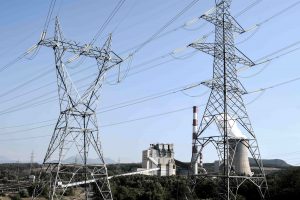After two weeks of intense negotiations in Dubai the COP28 concluded, reaching an agreement that acknowledges, for the first time, the “elephant in the room” without explicitly discussing a “phased-out” approach.
Fossil fuels are present everywhere. They serve as the primary energy source globally for powering automobiles, airplanes, cargo ships, heating homes, fueling industries, and producing materials like cement and steel.
From these fuels derive plastics used extensively across various products, including synthetic fibers like polyester and nylon in most clothing items.
However, despite their importance, fossil fuels also stand as the primary cause of the planet’s overheating.
Can we then live without coal, oil, and natural gas? This was the question discussed by 197 countries at COP28.
Mariano Martho, an associate professor at the School of Earth Sciences at the University of Barcelona, doubts a complete disconnection from fossil fuels in the near future. He predicts that by 2022, coal, oil, and natural gas would still represent 80-82% of global primary energy consumption.
Furthermore, he stresses to El Pais “the four pillars of modern civilization are cement, steel, plastics, and ammonia, all of which demand fossil fuels for their production.”
Martho believes that “with research and subsequent technological advancement, the percentage contribution of hydrocarbons to the global energy mix could significantly decrease in the coming decades (especially in the case of coal) but not be entirely eliminated.”
He notes the difficulty in swiftly electrifying significant economic activities, such as industries operating at high temperatures like cement, ceramics, and steel production. Additionally, air and sea transportation, constituting 80% of global goods movement, present a significant challenge for electrification due to their energy density requirements.
Romain Ioualalen, a representative of Oil Change International advocating for the (gradual) phasing out of fossil fuels, emphasizes the urgency to commence action. He stresses, “the longer governments delay, the higher the cost will be later.”
Dubai’s discussions revealed the fossil fuel industry’s advocacy for a different strategy: rather than replacement, they propose emissions reduction commitments and underground storage.
Ioualalen underlines, “It’s clear that today’s Western way of life is based on very high energy consumption, especially fossil fuels, which is unsustainable for the planet. Developing countries reiterated this at the Dubai conference: the climate crisis is primarily caused by the Western lifestyle. It’s something we need to rethink.”






